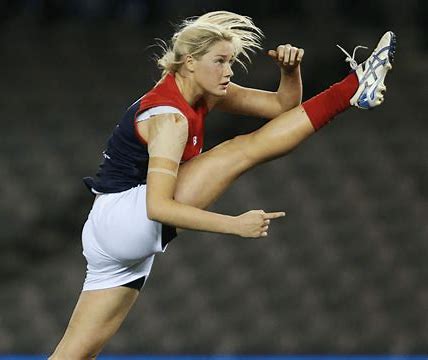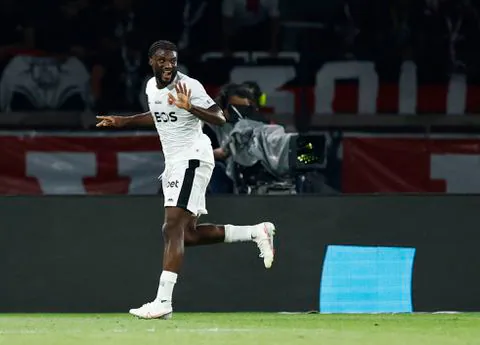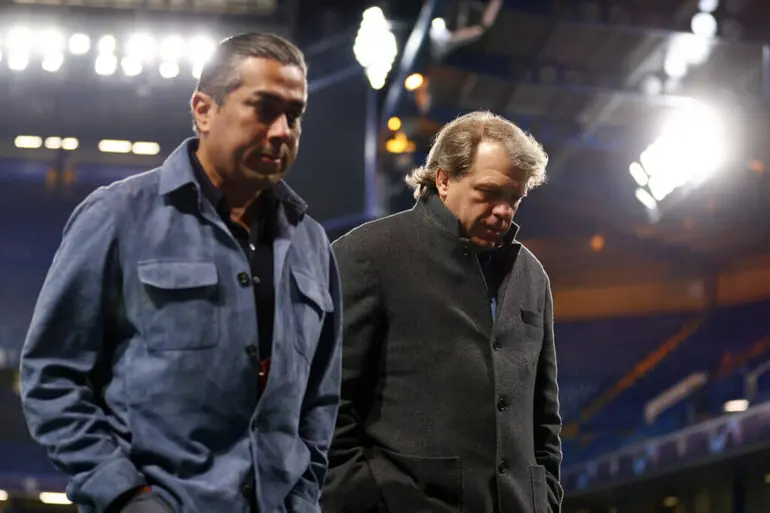
It is certainly how I would rather have spent my Wednesday. It is why I became a football journalist – unsurprisingly, to write about football itself, but from time to time taking on other topics related to the game is important and becomes part of my job too.
And so, instead of looking ahead at what we can expect from one of the sport’s biggest non-World Cup tournaments, I am writing about what it is like as a woman working in men’s football in the current climate of rising misogyny and sexism.
It is necessary, but the very fact it drags me, a female sports journalist, away from actually writing about sport is frustrating. It is another example of the emotional labour required of women owing to the actions of men, but it does not make covering this subject any less important.
It has been a heavy week. There have been plenty of columns, written by men and women, as well as hours of debate on TV and the usual cesspit of activity on social media. Some of this makes women who work in football angry or exasperated or scared. Often, it is a mixture of the three, which soon turns to exhaustion.
In just seven days in football, men who do not know how to speak to, respect or properly engage with women have been in the news a lot.
You will probably have heard about the shouty views of a former Bristol Rovers manager who has generated most of the online circus (and presumably a new revenue stream now he is without a job in coaching) that makes X, formerly Twitter, a grim environment for women.
There is also the former Wycombe Wanderers and Millwall defender Danny Senda, who has been banned from football for four years by the Football Association (FA) for sexually assaulting two women while they were all taking part in an FA coaching course. Senda was employed as a member of Dean Holden’s backroom staff at Charlton Athletic at the time but left the club when Holden was sacked as their manager in August last year.
The FA’s written reasons for Senda’s suspension from football set out in distressing detail his actions and the impact these had on the women he assaulted. It said he had “perpetrated a criminal, sexual assault” on the two women by touching them in an intimate area in separate incidents while socialising at a bar.
Senda did not deny committing the offences but said in an interview that he had no recollection of them, which he attributed to consuming alcohol. As the course was held overseas, the women did not report the incident to UK police because it was outside their jurisdiction. Senda was asked to leave the event and met with the women to apologise, which one said she felt “railroaded” into attending.
In another high-profile case in the Netherlands – proving this is not just a problem in men’s football in England – Marc Overmars has been suspended from the global game for two years for sending inappropriate messages to female colleagues while working at Ajax.
The former Arsenal and Netherlands player left his role as director of football affairs at Ajax in February 2022 and was banned for two years, one suspended, by a Dutch sports tribunal in November last year, until the scope of the ban was increased by Fifa, world football’s governing body. He is currently technical director of Royal Antwerp in Belgium.
New cases have come with alarming frequency in the past few years. To choose two more of countless that have been reported – and there are probably more that have not made it into the media – further down the English pyramid, Mark Cooper was suspended for eight games while manager of Barrow when his comments towards a female assistant referee during a game in February 2022 were judged to be sexist.
In the same month, Chesterfield manager James Rowe left the club by mutual consent following an investigation after a report of sexual assault in November 2021. Rowe was subsequently charged and bailed and is awaiting trial at Derby Crown Court late this year. He is facing a single sexual assault charge, which he denies.
Does this paint too bleak a picture? This is the reality for women working in men’s football at the moment.
Women’s football is not free of it either, particularly after Luis Rubiales’ actions during the Women’s World Cup final presentations. Kissing Jenni Hermoso, his initial refusal to resign from his position as the president of the Spanish FA, and the fallout from his lack of respect for women denied the Spanish team the chance to enjoy the spotlight after their historic first win. Rubiales has since been banned from all football-related activities for three years by Fifa.
It feels particularly cruel that the rising issues for women working in men’s football come at a time when women’s football is growing to its own prominence; as if we should not exist in one now that the other is thriving.
The steady flow of these stories is concerning and tiring. And that is before we think about our personal experiences, which would fill endless articles if each of us had the emotional capacity to dig them up and write it all down. It is not just happening in journalism or sports science or executive roles, and it feels like it is getting worse every day.
Men’s football is brilliant. Most of the time, it is an entertaining and exciting place to work, with thousands of wonderful people who embrace the presence of and support women. Very few people fall into working in football unless it is their dream and they have a deep passion for the sport. But it should not come at an extra cost for women because men have forgotten, or are wilfully choosing to ignore, acceptable ways to behave.
Women need men to be better allies and challenge inappropriate behaviour. Clubs and leagues need to be robust in handling complaints where they arise and make their workplaces feel welcoming, regardless of gender.
There is still so much work to do and that, on top of the toxicity of the current climate, is exhausting. It is not the responsibility of women to keep telling you that this matters and how to fix it.
- The Athletic report











